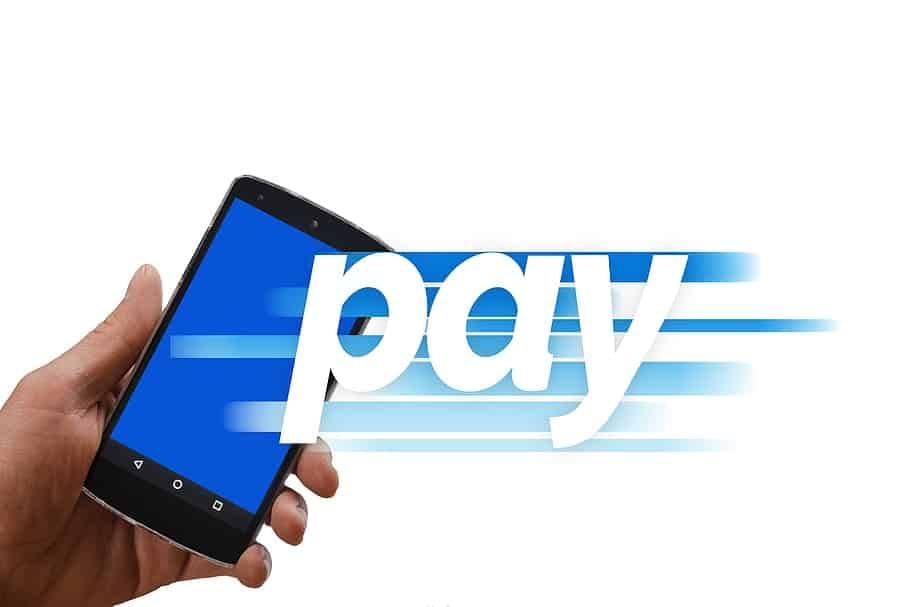
Mobile payment apps: avoiding the scams
Embrace mobile payment apps. They’re wonderful. Just let me help you avoid the scams.
My favorite mobile app is Venmo. My wife and I use it to fire off cash quickly to our son for college stuff or to a friend so we can split a tab.
We have a rule: we only “venmo” a family member or a friend who’s in our inner circle. We never accept unsolicited Venmo requests from a source outside our inner circle — or from one we cannot verify. Because scammers are using the legitimate mobile payment apps to rip consumers off.
First, it helps to know how these apps work. You set up an account with one of them, linking it either to your bank account or to your credit card. You can then send and receive cash electronically from users you confirm as accepted through the app. The money doesn’t immediately go into the designated account. You have to give the app permission to deposit it into your account.
What can happen is a scammer who has hacked your mobile payment contacts may pretend to be one of them. He may try to trick you into sending him an unexpected payment for an emergency, a favor, whatever. Call the actual contact to verify if he or she sent the request. If not, ignore it and report the impostor to the app’s customer service.
The Federal Trade Commission (FTC) suggested other tips to avoiding mobile payment app scams:
- Never send money to a contact you don’t recognize
- When you use an app for the first time, it will usually ask permission to access information on your device – like your contacts – to make payments easier. If you’re not comfortable with that, deny access or uninstall the app.
- Read your bank statements closely and regularly. Ask the app company and your bank to reverse any transactions you didn’t authorize.
- Check if you can turn on additional security features on your account. You may want to use multi-factor authentication, create a PIN or use fingerprint recognition.
Here are the most common “cover stories” in mobile payment scams, according to FTC consumer advocates:
- An unsolicited contact from an unknown source who claims you won a prize or sweepstakes. You just need to send some money to claim it. RULE: you never have to pay for something you won. That’s why they call it a prize. If someone tries to get you to pay up-front for something you allegedly won, it’s a scam.
- Someone posing as someone you know says she’s in trouble. She needs you to send money fast so they can get out of it.
- Someone posing as an IRS representative, claiming you owe back taxes.
- Someone posing as tech support for your device, claiming they need you to send money to inspect a “problem” with your device or to remove a virus or malware from it.
- Someone claiming to be romantically interested in you, hoping you’ll drop your guard so that they can eventually ask you for money.
The easiest way to remember these: if the contact is unknown or unsolicited, drop it! If it comes in the form of an email, don’t click on any links. If the contact appears to be someone you know, stop and call that contact to verify he or she initiated the request.
And keep your mobile payment app inner circle small. Like mine.
Copyright 2020 Wise Choices TM. All rights reserved.
andy wise, andy wise choices, andy wise memphis, banking, cashapp, consumer investigator andy wise, consumer protection, mobile payment apps, mobile payments, online banking, securing smart phones, venmo, zelle